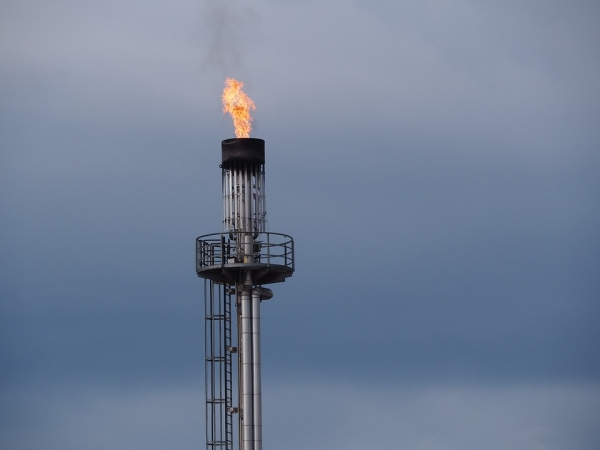Hydrogen’s potential as a clean fuel could be limited by a chemical reaction in the lower atmosphere, according to research from Princeton University and the National Oceanic and Atmospheric Association.
This is because hydrogen gas easily reacts in the atmosphere with the same molecule primarily responsible for breaking down methane, a potent greenhouse gas. If hydrogen emissions exceed a certain threshold, that shared reaction will likely lead to methane accumulating in the atmosphere — with decades-long climate consequences.
“Hydrogen is theoretically the fuel of the future,” said Matteo Bertagni, a postdoctoral researcher at the High Meadows Environmental Institute working on the Carbon Mitigation Initiative. “In practice, though, it poses many environmental and technological concerns that still need to be addressed.”
Bertagni is the first author of a research article published in Nature Communications, in which researchers modeled the effect of hydrogen emissions on atmospheric methane. They found that above a certain threshold, even when replacing fossil fuel usage, a leaky hydrogen economy could cause near-term environmental harm by increasing the amount of methane in the atmosphere. The risk for harm is compounded for hydrogen production methods using methane as an input, highlighting the critical need to manage and minimize emissions from hydrogen production.
Read more at Princeton University, Engineering School
Photo Credit: Ratfink1973 via Pixabay


